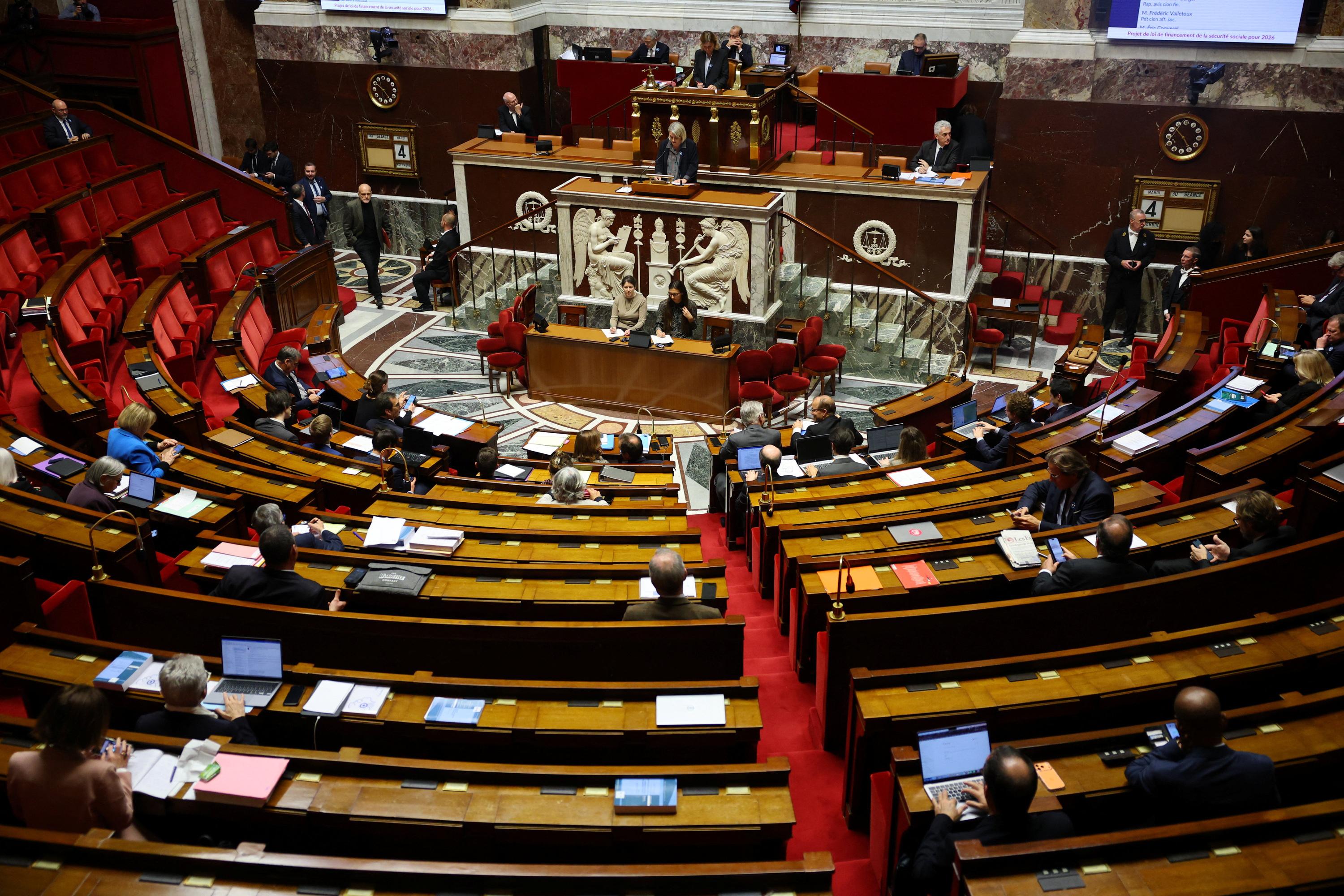French Deputies Propose Conditions on Executive Pay for Public Business Aid in Budget 2026
French deputies propose an amendment in Budget 2026 to condition public business aid on freezing executive pay, alongside calls for better transparency of aid schemes.
- • An amendment proposes freezing executive remuneration to receive public business aid.
- • Supported by multiple political groups, the amendment aims to increase accountability in public subsidies.
- • A bipartisan amendment tasks INSEE with cataloging all public business aid.
- • A Senate inquiry revealed 2,267 aid schemes and calls for stricter oversight and responsibility.
Key details
A significant amendment has been introduced in the French Parliament aiming to tie public financial aid to a freeze on the remuneration of company executives. This proposal, backed by deputies from multiple political groups including Liot, LR, Horizons, Renaissance, and PS, would require companies receiving public aid to freeze both the fixed and variable components of their top executives' pay. Stéphane Viry, the first signatory and member of the centrist Liot group, described the amendment as an "amendment of appeal" to push forward the discussion on conditionality attached to such aid. This initiative revisits earlier proposals, including Viry’s 2021 report and a 2025 Senate inquiry, highlighting a long-standing concern regarding oversight of public subsidies. The amendment is scheduled for review by the Finance Committee this Wednesday, subject to initial validation procedures.
In parallel, a bipartisan amendment proposes assigning the National Institute of Statistics and Economic Studies (INSEE) the responsibility of cataloging all public aid granted to businesses. This follows revelations from a Senate inquiry led by LR Senator Olivier Rietmann, which uncovered 2,267 distinct public aid schemes, underscoring an urgent need for centralized data management and enhanced accountability. The inquiry also recommended measures creating a "responsibility shock" for companies that continue distributing dividends while benefiting from aid, proposing that public aid amounts be deducted from distributable profits.
These discussions arrive amid broader economic concerns in France, notably a downturn in private sector employment attributed partly to reductions in various aid programs. However, the specific amendments focus squarely on enforcing transparency and fairness in public aid to businesses, particularly by curtailing excessive executive remuneration funded indirectly by taxpayers.
This article was translated and synthesized from French sources, providing English-speaking readers with local perspectives.
Source articles (2)
Source comparison
Latest news
2026 Municipal Elections in Poitiers and Montpellier Highlight Political Divisions and Family-Focused Campaigns
Philosophers and Politicians Sound Alarm on Rising Political Violence Amidst Memorable Lyon March
PSG’s Achraf Hakimi Sent to Trial Over 2023 Rape Allegations
Study Reveals Severe Financial and Housing Hardships Among French Students
Political Shifts and Calls for Reason Mark the Lead-up to 2026 French Municipal Elections
Seminar Evaluates Economic and Legal Impact of Ruptures Conventionnelles on French Employment
The top news stories in France
Delivered straight to your inbox each morning.


